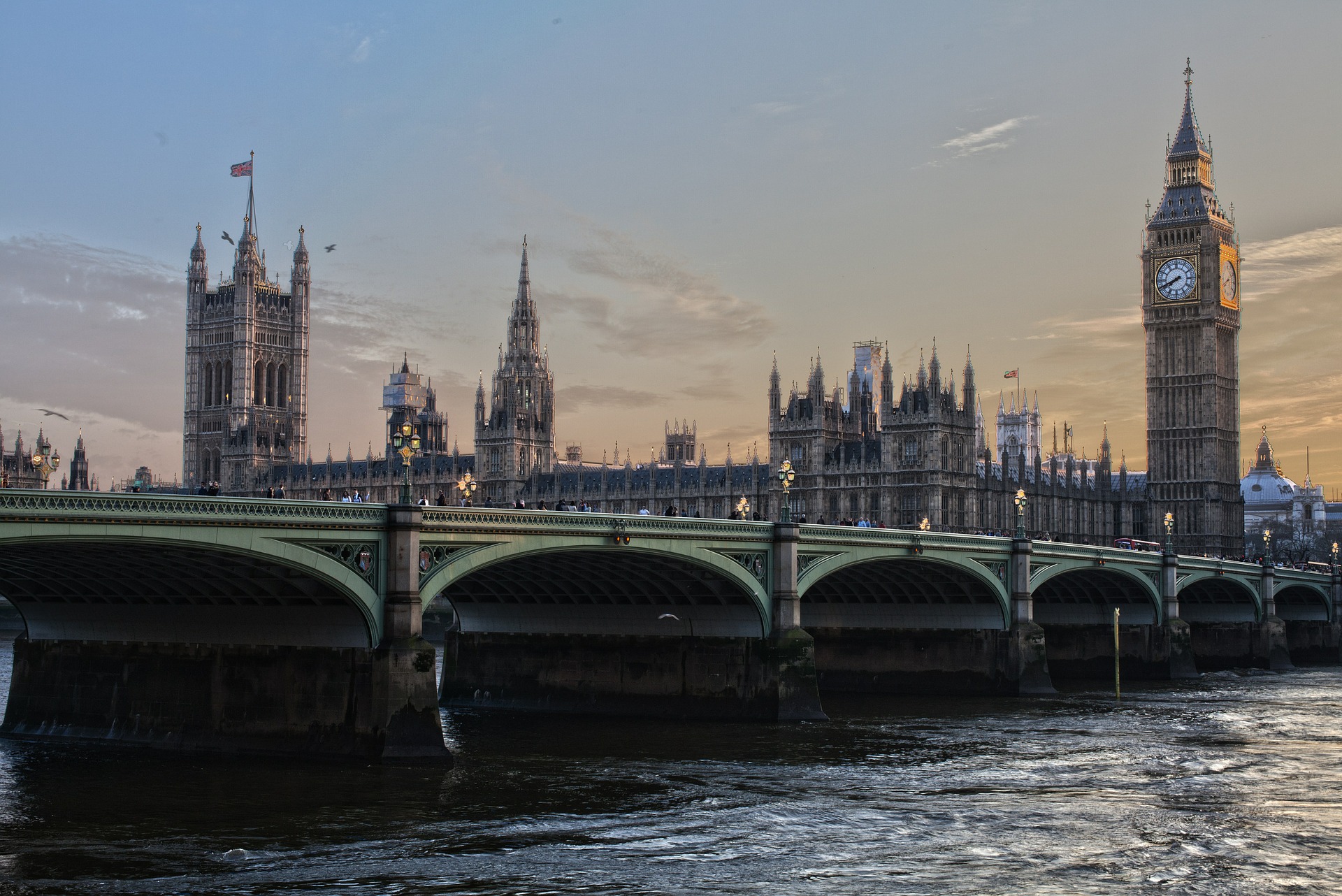
It has just gone nine o’clock in the evening and after a longish day at work and with this week’s deadline approaching, I knew I had to write this article and was doing what any normal person would do: checking their Facebook feed! I was attempting to find some inspiration that would help me with my article.
I did not have to look that far. It came in the shape of a picture of the Prime Minister of my country with some awful captions. I felt sad for the person that felt frustrated with the political process and ashamed of myself for the lack of respect that my generation show to politicians. It got me thinking…Hard.
When people ask me what I get up to at the weekend, I rarely know what to say. This does sound silly I admit. I long to have a change-up from saying the usual ‘washing’ and ‘sleeping’. But in some ways, this is a false description of what I get up to.
When I am away from my desk and in a walk/run with God my mind drifts and then sharply turns into thinking about process, people and design. Process; the way in which things are done and how a good or bad process can affect people. People; just how different people can say and mean different things and interpret events in different ways.
What is the best way of ensuring that different people get on and achieve the same goal when the same facts can be interpreted and used in such opposite ways? Design; I know very little about this, but I love catching TED talks which discuss the importance of good design. It makes me think about how when things are designed well, we can get a lot of pleasure from this, but when things are designed badly it can be a real life-sapper! I also end up thinking about politics and about the process or people involved and whether they are right to be there.
Or this
Whatever your political views, it appears that certain people in politics appear to fare better than others. Whether it is because they ‘play the game’ or not, it seems to me that there are some with an obvious talent for it and some for whom it is a bit harder. I know that it is possible to grow into your life path and to develop your potential, but at some point you have to ask if you have a ‘knack’ for the thing that you do. If not, then you might have to consider thinking differently.
I mention this in reference to politicians, because it appears that some have got there and indeed been put there, without a ‘knack’ or way with the political process. I am all for fresh blood; we should be championing those that are hungry for change in politics and have the appetite for public life – but since when has it become OK with us, for those in office or in the corridors of power to have no experience in that arena and yet command the attention and the resources of countries and indeed the world?
Let me bring this point home. Say for instance you wanted to have brain surgery. You would turn up at a hospital and they would give you a scan. You would be talked through the procedure and given a date for the operation. Imagine if on the day, you were introduced to a person who had never studied science before, but who you were paying to conduct one of the most technically challenging operations on you? You would (I hope!) insist on having someone with experience, expertise and wisdom conduct the operation.
On a much smaller level – how is this desire for experience and knowledge in one field - i.e. medicine so noticeable by its absence in another field – i.e. politics? I wonder if we have got to a stage where we do not respect politicians enough to hold them to account on their experience and qualifications to do the job.
If you apply for a job these days, you will probably be asked about the experience you have. I find it incredible that for so many jobs, you are asked in detail about your experience and whether you are a good match.
This is designed to ensure that the right candidate is hired. Should this apply to all fields? Should there be a way of ensuring that only those that are the best suited to public life get the role? I think in some ways that it cannot be this simple. I think back to the picture of the prime minister and the rather horrid way in which she was portrayed. I wonder - would any of us do any better?
And this
We criticize from the side-lines but would there be something that we would do differently? We respect authority so little in some ways, maybe we get the ‘power’ meaning people that we deserve. I think that the amount of respect that we accord authority will determine the authoritativeness and power that they hold and wield. I feel, in some ways that we almost give them the power to be powerful. We take it away and they become weak. I think that they face impossible decisions and more impossible processes to navigate and understand.
Theirs is a thankless job and our often simplistic ways of viewing what they do always means that when they try to answer a question from a member of the public in a way that reflects the weighed and often quite nuanced decision-making that has gone into that decision, it gets shouted down in favour of a more simplistic answer. I am sorry to break it to the world – POLITICS AINT SIMPLE.
It is hard and difficult. Because of this we should show more respect than we do. If we showed more regard for the people in public life, we may begin to see the effects. The respect we give them may represent the authority they possess. If we want our politics to be better, maybe we should ask whether our attitude to politicians could be better.
For those of us who went to Sunday school this was part and parcel of the class instruction, and as we came up through the church youth groups and young adults, illustrating respect to each other was ‘assumed’. But something changed in our wider society and we see this on drama-filled news casts every evening. Perhaps it is time Christian ministers, Sunday School teachers, youth group leaders re-instilled these core Christian values for the good of us all.
 Rosie Robinson is a Press Service International young writer from England.
Rosie Robinson is a Press Service International young writer from England.

Rosie Robinson is a PSI young writer based in England.